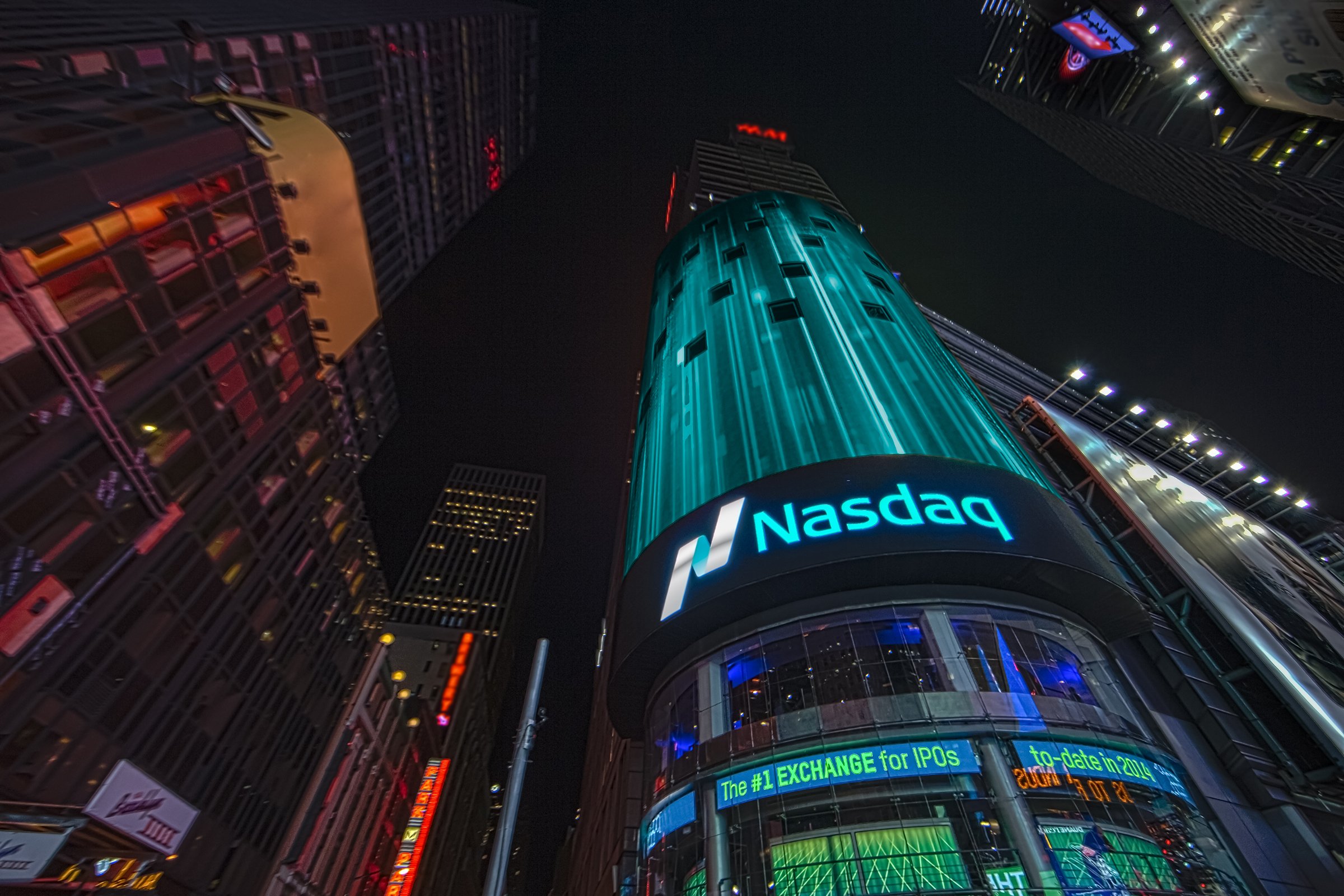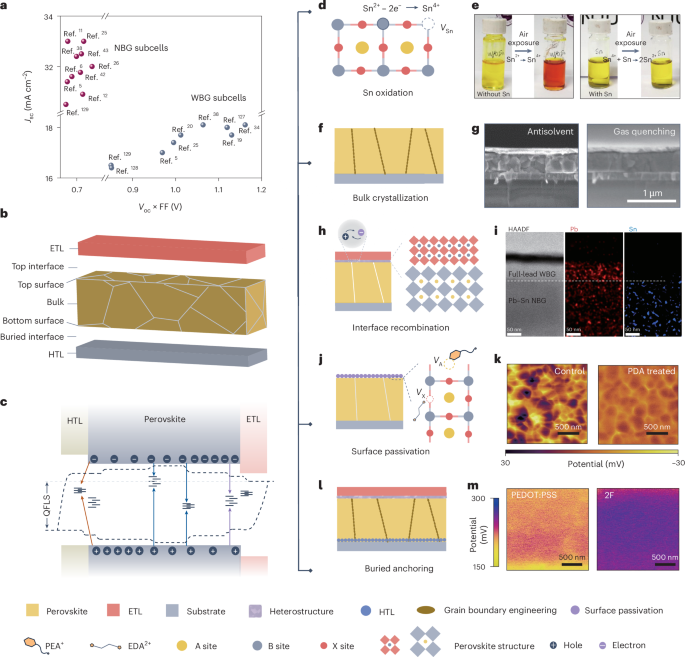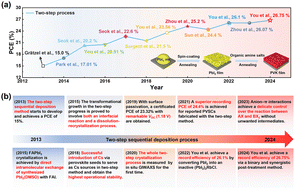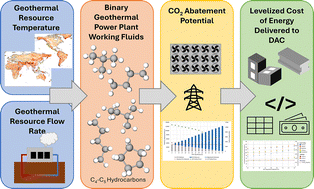Fewer Campaigns, but Much to Observe from the 2025 Proxy Season
While the number of overall shareholder activism campaigns cooled in the 2025 proxy season compared to years past, the season has been marked by its fair share of fireworks and headlines, as well as unique events and disruptions. The season has also provided many lessons for companies as we look ahead to the 2026 proxy […]

Kai Liekefett, Derek Zaba, and Leonard Wood are partners at Sidley Austin LLP. This post was prepared for the Forum by Mr. Liekefett, Mr. Zaba, and Mr. Wood.
![]()
While the number of overall shareholder activism campaigns cooled in the 2025 proxy season compared to years past, the season has been marked by its fair share of fireworks and headlines, as well as unique events and disruptions. The season has also provided many lessons for companies as we look ahead to the 2026 proxy season.
In 2025, value beat virtue, as activists zeroed in on value and capital allocation and sidelined sustainability topics. Under the universal proxy system, now in its third year, investors happily elected only parts of activist slates. While proxy advisors continued to factor heavily in outcomes, and often recommended for dissident candidates, in one key contest they didn’t carry the day in the face of a tenacious company campaign. This proxy season also saw a resurgence in the prominence of traditional economic activists using “vote no” (or “withhold”) campaigns instead of proxy contests. And companies and activists were reminded to expect the unexpected, as regulatory and political curveballs—from CFIUS reviews to significant SEC guidance—showed a capacity to abruptly reshape campaign tactics and outcomes.
Amid Tariff Pressures and Reduced M&A, Activism Cooled Overall
The broad tariffs imposed by the Trump Administration had a significant impact on corporate deal-making in 2025 and helped to cool overall activity in shareholder activism. (more…)





















































































![The American contingent and Turkey’s autonomy goals: Paris Air Show Day 3 [Video]](https://breakingdefense.com/wp-content/uploads/sites/3/2025/06/Wednesday-Wrap.00_00_32_21.Still001.png?#)
![A look at the jets flying high above the Paris Air Show [PHOTOS]](https://breakingdefense.com/wp-content/uploads/sites/3/2025/06/Rafale_02-scaled-e1750268097167.jpg?#)























































